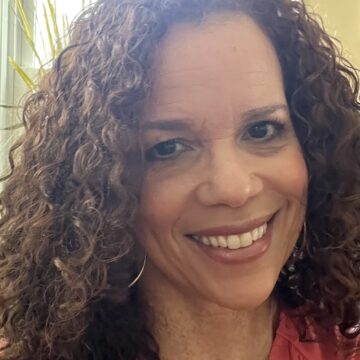Shared Leadership: We are all Guardians
March 16, 2020 Leave a comment
Leadership is intrinsic in every role in an organization and now with a public health crisis on our hands we understand this even more clearly. With shared leadership, each role is viewed as an important connector to all other roles, and all roles weave together to accomplish more in dedicated collaboration. Roles are additive, with all roles functioning as essential parts of the greater whole of an organization.
As IISC we talk about the importance of facilitative leaders as leaders that have both the mindset and heartset to inspire these roles to work together through a common vision and shared power. A facilitative leader sees their organization as a network, with distributed leadership and decentralized roles so more can be done with greater autonomy and impact.
In the backdrop of our national state of emergency, we have so many social problems to solve, and they are much more complex. We need collaborative practices of shared leadership to handle the sheer volume of extraordinary challenges and the many decision-points that are coming our way.
We need to liberate systems to solve problems through shared leadership.
How can we practice shared leadership on a day-to-day basis? Consider these core principles:
EQUITY & SHARED POWER
- Foster equitable leadership and radical power-sharing by ensuring that people historically blocked from or denied power (people of color and younger staff, for example) in the organization are meaningfully leading work (and you), without mistrust and paternalism, and with resources and authority.
- Operate in ways that foster “power with” instead of “power over”. If you are a central leader in the organization, operate with others in a cycle of mutual respect, learning, and action, knowing that your role is just one in the whole system. To the degree that you are holding leadership back, blocking innovation, or asserting unnecessary authority, release control and shift decisions to others.
ROLE RECIPROCITY & DECENTRALIZATION
- Understand that each role in an organization or system is of equal value and is contributing to the whole of the organization. Recognize the value of each role and the person in it, and how they help the work and culture to flow.
- Distribute roles and decentralize decisions and actions as much as possible. Help people share the burden and the success.
- Create and dissolve teams of work as needed rather than relying on static committees or departments to foster innovation and bring in new voices. When work is complete or things shift, close down the team and rebirth a new one.
DECISION-MAKING AND STAKEHOLDER ENGAGEMENT
- Consider the different ways to make decisions. We no longer have only two choices for making decisions: doing so alone or delegating it to others. At IISC, we offer a framework (see below) for understanding the levels and approaches to decision-making with a range of choices to arrive at decisions based on the unique context in which each decision needs to be made.
- Engage stakeholders in the decisions that most impact them. Test new ideas and potential decisions with great consequences with your stakeholders and, better yet, ask them to come up with the ideas in the first place. If the decisions are not working, undo them, and get input to come up with new solutions.
In the end, we have more vibrant, productive, and resilient organizations when we share leadership at every level. There may be one person who has ultimate responsibility for the organization, but they are not the sole guardians of the organization. That is the job of everyone in the organization – in their respective roles – pulling together, working for the mission, protecting its fundamental beliefs, and making sure that it ultimately flourishes, even in times of crisis. In this period of uncertainty, we may not have a choice other than to try shared leadership. It may be the very strategy that sees us through.

